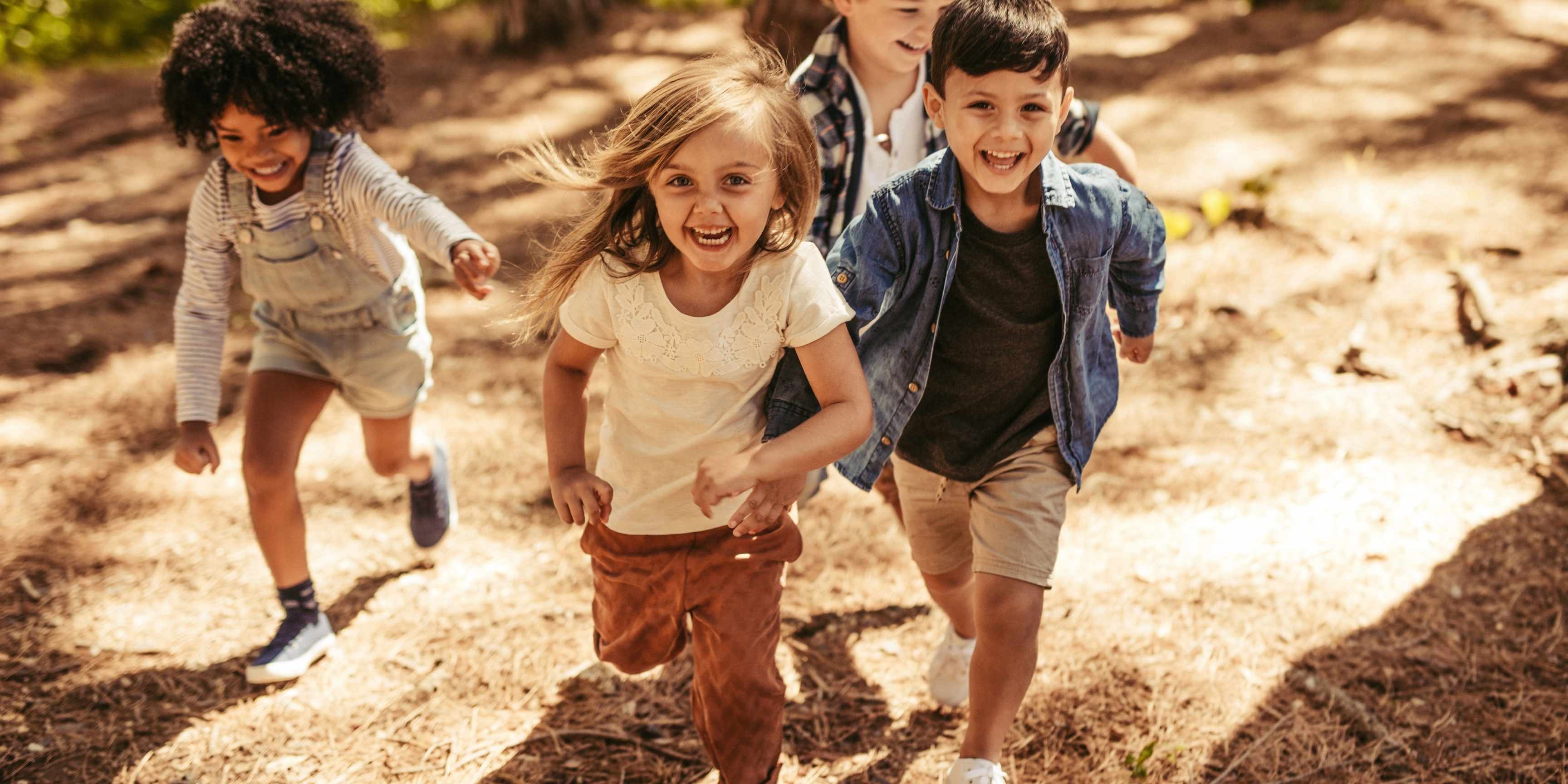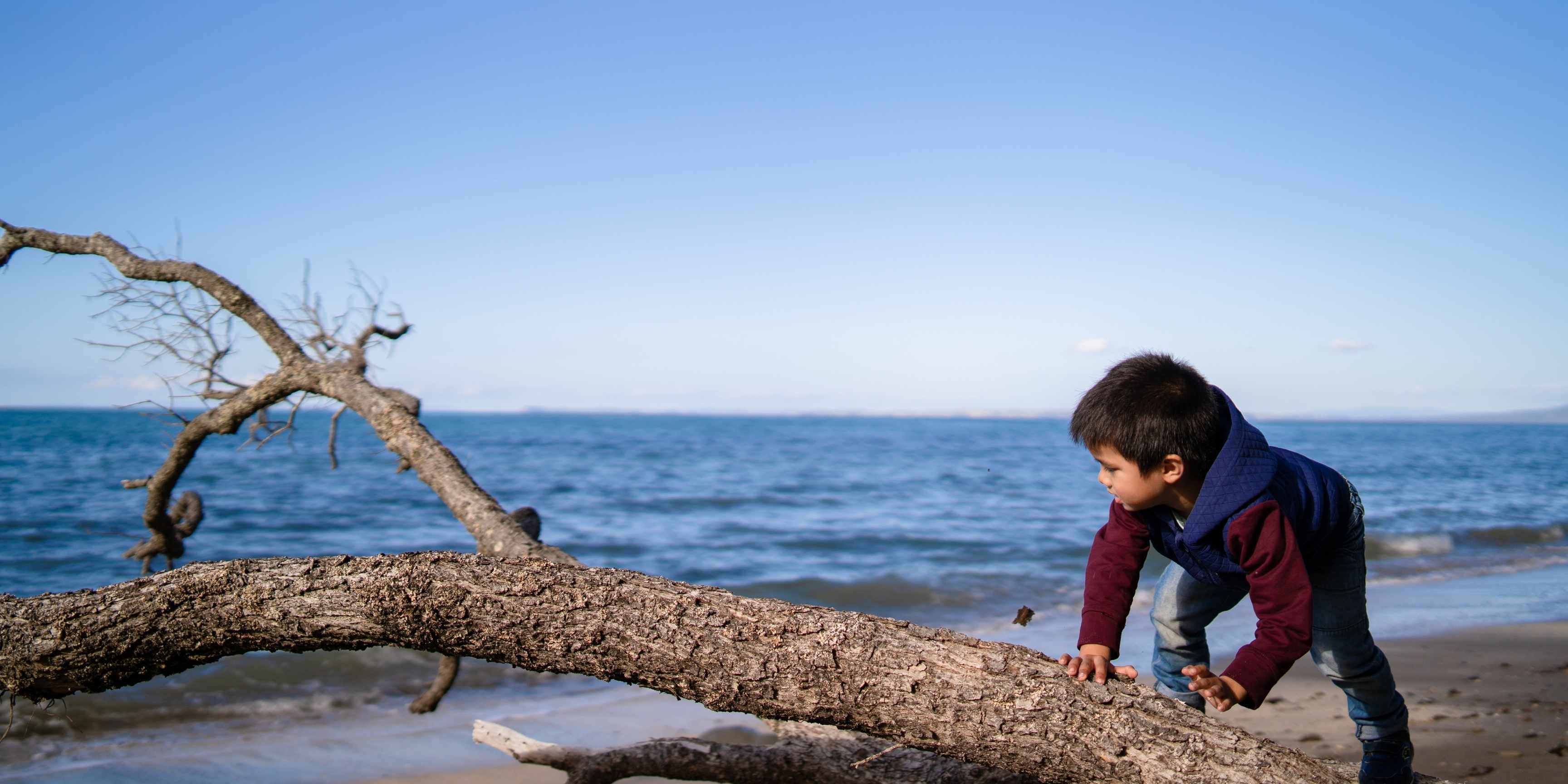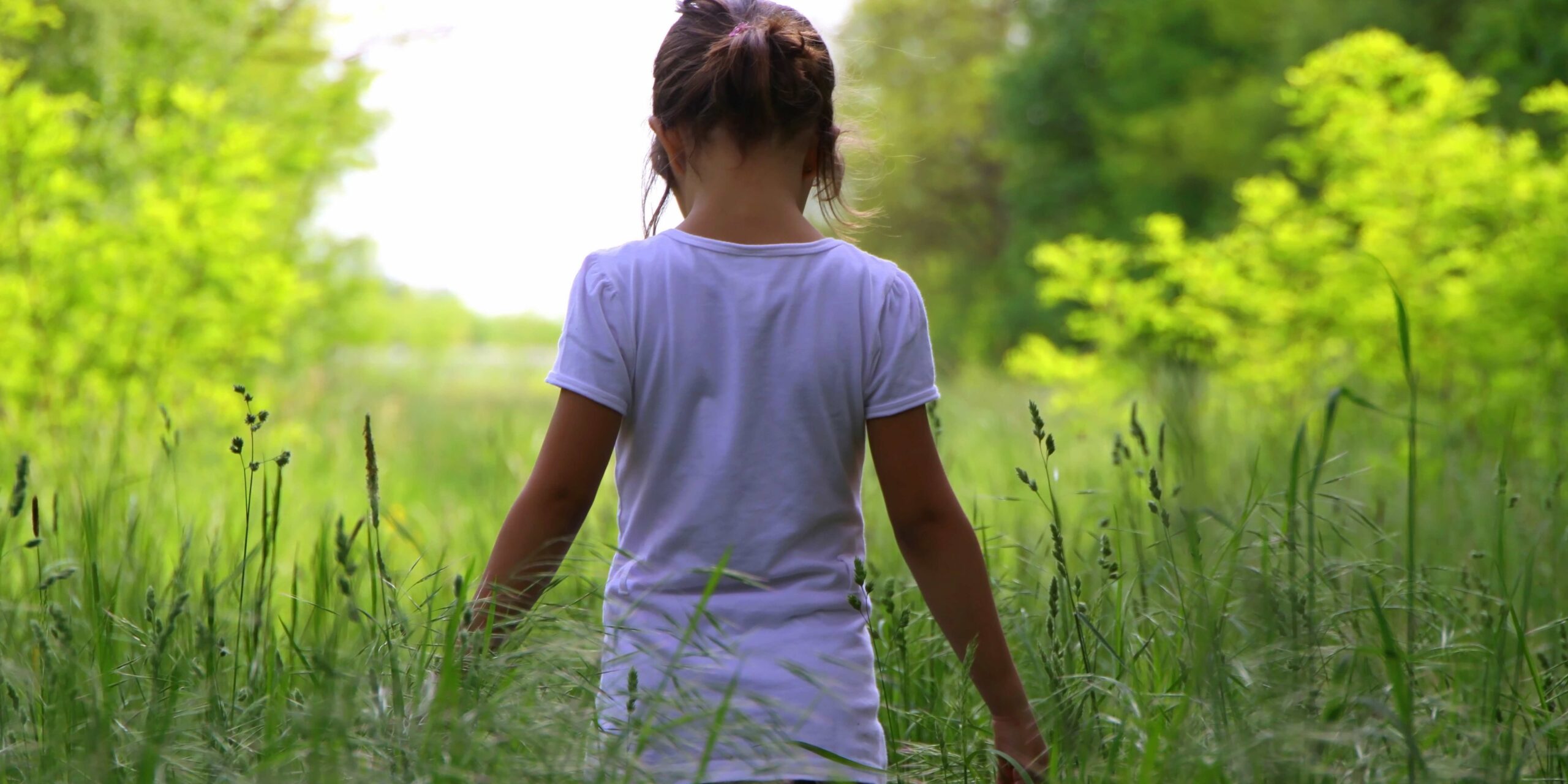This post may contain affiliate links. We may earn money from products we link to in this post.
Have you ever seen your kids splayed out like eagles on the back porch, eyes wide open and wondering at the clouds going by? I’ve seen it happen dozens of times. They were once completely silent until they detected my presence. “We’re pretending to be dead to see if the turkey vultures come and nibble at our eyeballs!” my youngest joyfully offered, pointing to a couple of large black birds circling overhead.
I suppose I shouldn’t have been surprised. My kids are used to finding stuff to do. In fact, they make up new games almost every day, look for new creatures to explore, or simply muck around in the stream until they’re too wet and chilly to stand. And I treasure every day of it because it confirms that their sense of wonder is still alive and well.

What Is Wonder?
We are all born with an intrinsic sense of wonder, astonishment, and amazement at the world around us, as well as the belief that everything is possible. It means that we have the innocence and curiosity to be “wowed” and fascinated by the smallest things, as well as to recognise their uniqueness. It is to ask “why?” and seek answers with an open mind. It is to be amazed by the ant carrying a heavy leaf to its mound and to wonder why the sky is blue.
The natural environment is especially good at increasing our ability to see magic in the mundane. After all, this is where we’ve been evolving for millennia. It’s something that we haven’t entirely tamed and managed, something bigger than us and all our technology. (Look up at the sky on a starry night to pique your own sense of awe.)

Why Wonder Gets Lost
Unfortunately, as we become older, our sense of awe fades. We lose our purity, get preoccupied, and frequently become disconnected from the natural environment. Unfortunately, some kids seems to lose their sense of wonder far too soon in their young lives.
They generally struggle to find things to do outside, are unimpressed by items found in nature, and rapidly begin to complain about being bored. They nearly appear to be unable to play outside.
It always pains me to see this, not only because a feeling of wonder is a great thing that helps us stay creative and solve issues (it is at the heart of all scientific investigation), but also because it is what keeps us connected to nature. Without that connection, children risk becoming entrapped in a human-centric bubble and growing up to see nature as a mere source of resources to be mined, rather than a web of life in which they are a vital part. And if that happens, chances are they will never completely understand the importance of environmental protection.
I feel that children’s (and adults’) sense of wonder is like a mental muscle; if we nourish it properly, it will grow stronger; if we neglect it, it will weaken.

How To Increase Wonder In Kids
- Plenty of time to immerse yourself in nature the friluftsliv manner.
- When playing outside, there is no set plan or agenda.
- Adults who act as “co-discoverers” by asking questions and gently guiding the child’s inquisitiveness.
- Nature’s open-ended “toys” include sticks, pebbles, leaves, nuts, water, mud, and secret hideouts.
- A slow-paced way of living that allows the youngster to feel bored in order for creativity to flourish.
Our Kids Thrive On Wonder
Because one of the most rewarding aspects of cultivating our children’s sense of wonder is finding our own via their eyes. Which, by the way, was not pecked out by vultures that day.

